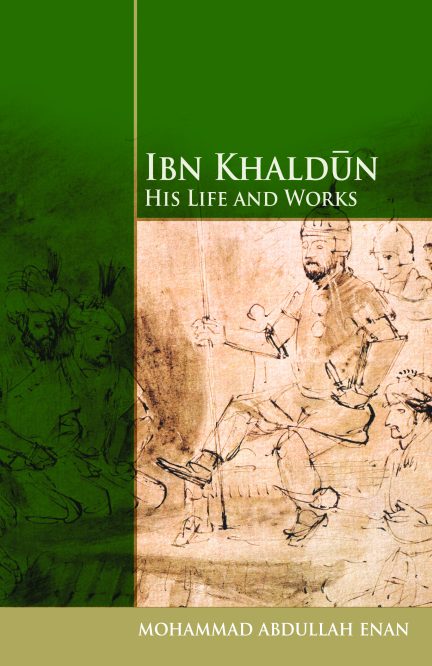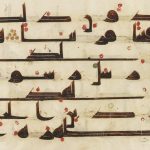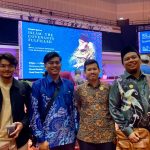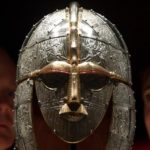
Taking advantage of the short Diwali break, I decided to give myself a brief mental break, and what better way to do that than with a small book? A big book during a mental break is a dangerous idea: it takes too long to finish, drags you into endless reading sessions, and ultimately leads to a mental breakdown, not a break!
This book by Egyptian scholar Mohammad Abdullah Enan, a lecturer at Fouad University, Cairo is a concise and brief introduction to life and thought of a great historiographer. Enan’s writing is captivating, offering a penetrating look into the life of the world-renowned historiographer ‘Abd al-Rahman Ibnu Khaldun al-Hadhrami, better known simply as Ibnu Khaldun. The name Khaldun, interestingly, derives from Khalid, a noble Arab clan originating from Yemen. Born into an aristocratic family, Ibnu Khaldun found himself caught in the intricate political webs of Andalusia and North Africa. Reading about his political entanglements reminded me of Elizabeth Drayson’s work on the fall of the Nasrid dynasty in Granada, a period where royal families and nobles schemed and slaughtered one another, paving the way for the rise of Castilian and Aragonese Christian powers.
Eventually, weary of palace intrigues, Ibnu Khaldun withdrew from political life to dedicate himself fully to scholarship. He finally found solace and solitude in Salamah Fort, near Tujin, where he completed his monumental masterpiece, the Muqaddimah (Prolegomena). Yet political instability once again forced him to migrate, this time to Egypt, where he became both a lecturer and a judge. However, his status as an outsider in Cairo’s intellectual circles stirred tension among local scholars. Even there, politics found its way back into his life when the Sultan commanded him to join an expedition to Damascus to face the invasion of Tamerlane (Timur). The meeting between Ibnu Khaldun and Tamerlane stands as one of the most remarkable episodes in Islamic historical literature.
Ibnu Khaldun was not without his critics. Prominent scholars such as Ibn Hajar al-‘Asqalani, Jamal al-Din al-Bishbishi, and Badr al-Din al-Ayntabi voiced their criticism about his ideas. Interestingly, despite his criticisms, Ibn Hajar once attended Ibnu Khaldun’s lectures. His own student, al-Sakhawi, who also critiqued Ibnu Khaldun, nonetheless absorbed many of his insights and Ibnu Khaldun’s influence can clearly be seen in al-Sakhawi’s writings. At the same time, several leading Egyptian intellectuals, including al-Maqrizi and Abu al-Mahasin Ibn Taghri Birdi, deeply admired Ibnu Khaldun’s intellect and methodology.
What makes this book particularly engaging is its balanced approach. It doesn’t rely solely on Ibnu Khaldun’s own works, the Muqaddimah and Kitab al-‘Ibar, but places his life and thought in conversation with other contemporary sources, many of which survive only in fragments. Ultimately, M.A. Enan’s study offers an illuminating glimpse into how political culture shaped intellectual culture in the medieval Islamic world. It reminds us that the great scholars we revere were not perfect, but rather products of their time, molded by the historical and political forces that surrounded them.
At the end of the book, Enan discusses how Western scholars and scholarship have interacted with Ibnu Khaldun’s works and ideas. He also offers a comparative analysis between the philosophies of Ibnu Khaldun and Machiavelli.
Related Posts
Author of several books including Berfikir Tentang Pemikiran (2018), Lalang di Lautan Ideologi (2022), Dua Sayap Ilmu (2023), Resistance Sudah Berbunga (2024), Intelektual Yang Membosankan (2024), Homo Historikus (2024), DemokRasisma (2025), dan Dari Orientalisma Hingga ke Genosida (2025). Fathi write from his home at Sungai Petani, Kedah. He like to read, write and sleep.





